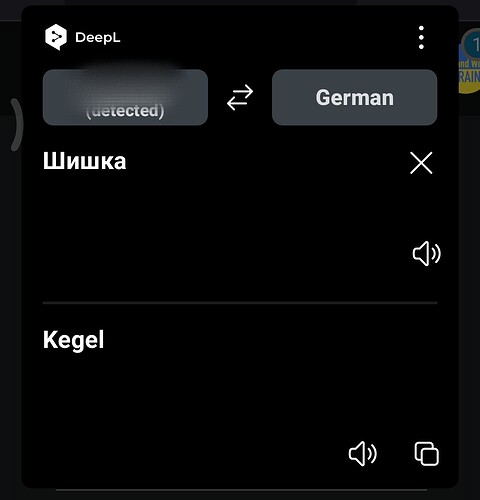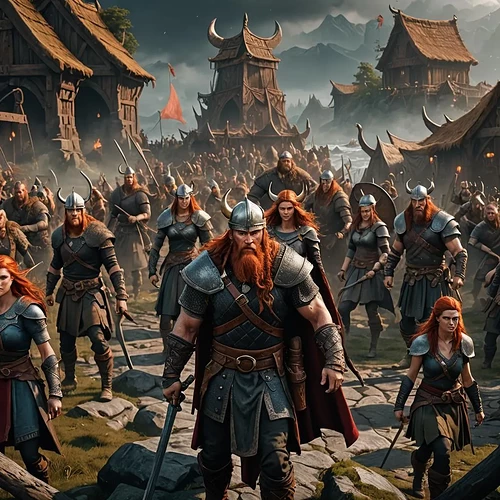Well the 100% correct word is transliteration as you are so into splitting hairs ![]()
That’s called translation. Whether it’s letter by letter, word by word or an entire library, it’s still called translation.
Let’s call it how it’s already been defined by scholars much more knowledgeable than us for a very long time. See my previous post.

Some translation tools don’t really make a difference between names and other words. That’s the main reason Jabs said that we don’t translate names but only convert (transcribe, transliterate) them from one alphabet to another. Translation means to convert the meaning of a written message from one language to another. Some of those names can have a totally different meaning in a different language, so by simply translate them, the original meaning is totally altered.
I’m not splitting anything. I simply gave you the definitions of two completely different words that describe two completely different processes, from multiple sources. The words are unrelated. That’s not splitting hairs.
Transliteration makes a bit more sense, except when you transliterate “Шишка” to German, it changes the meaning of the word from Bump to Shishka (in English). The German word for bump is kegel.
From Translator (Microsoft)
It is the only correct word or do you think ISO chose the wrong word?
Let me show you how the meaning of the word changes. In the first pic, the full comment made by Andersson is translated (and it is totally correct)
Now, i took only the name and done the same thing
See, totally changed the original meaning…
I can give some more examples, remember Flora’s puppy named “Groom” ? That was always translated (totally incorrect) as “Thunder”.
Oh, one of your favourite cats, Itchi, his cyrilic name is always translated as “Stomach”. Now i let you imagine how much i’m laughing when asking a certain ex-participant how is he doing and i get back that “the stomach was very naughty today” ![]()
![]()
![]()
It absolutely does not mean any such thing. Read the definitions I posted. None of them say the meaning of the words are changed during the translation because that’s not what translation does.
Translation doesn’t convert or change the meaning of anything. It simply gives you the same words in a different language. That is the meaning and intent of translation. If translation changed the meaning of words during the process, it would be completely useless.
Of course, they’re not perfect. A translator may give you a wrong word on occasion, but it doesn’t change the meanings. It gives you what it knows as the same word in a different language.
https://forum.voyeur-house.tv/t/liliana-anderson/34983/406?u=john78
Translation does exactly that:
Translation is the communication of the meaning of a source-language text by means of an equivalent target-language text.
Source here: Link
What i told you was, that some translators are changing the meaning of the names and that’s why is better to simply just convert them letter by letter from one alphabet to another

Then, translation would be more accurate than transliteration because neither of these words, Schischka or Shishka, translate to bump, but Шишка does, in two translators.
That’s not true. Both DeepL and Microsoft say Джон translates to John.
Oh dear… ![]()
![]()
Neither of those products transliterate anything. They translate things from one language to another.
BTW, German is not a Latin language.
“English is not a Latin language. It is a Germanic language, which puts it in the Indo-European language group. Other Germanic languages include Norwegian, Dutch, German, Danish, Swedish, Norwegian, and Icelandic.”
Icelandic is by the way very closely related to old fashion norwegian. Icelandic is old fashioned norwegian. Have mentioned this before. ![]()
![]() Icelandic is also very closely related to old fashioned english.
Icelandic is also very closely related to old fashioned english. ![]()
![]()
Icelandic sounds cool. Always reminds me of some bad ass vikings and hot red head girls ![]()
Just like that. The girls with less clothes though ![]()
![]()





